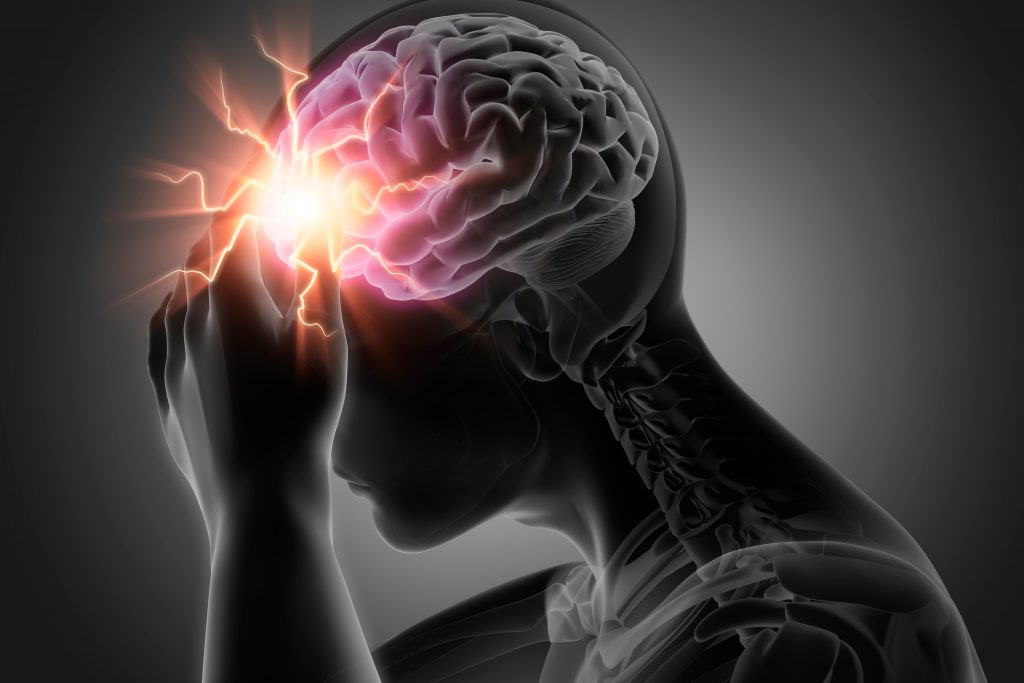
Do you sometimes make important decisions at the end of a tough day at work? Recent research reveals that this might not always be a terrific idea…
We all understand that performing hard and perhaps physically challenging work during an extensive period of time will make us tired. We probably also realise that our muscles will need to properly rest before we resume our work again.
Intense mental work is very similar, for example when we are trying to find solutions to complex problems or need to make important decisions. After a few hours, our brain becomes tired and needs to recuperate in order to perform in the best way possible. Unfortunately, we do not always understand when it is time to rest our brain, which can lead to poor decisions.
In a scientific report presented in Current Biology in August this year, a theory on why we make worse decisions when we are tired is presented. We already know that a certain area in our brain, the prefrontal cortex (PFC), plays an important role for, for example, our ability to plan, solve problems and make decisions.
Researchers asked a group of subjects to perform some tasks that required a great deal of mental effort in a workday. Another group of subjects were given much simpler tasks. Different brain functions were measured while the subjects were doing their tasks and what transpired, in a few words, is that in the subjects in the first group, they could see an increased production of certain chemical substances in the PFC which impaired its performance and made the subjects tired. These substances were, so to speak, piling up and the brain had to work incredibly hard. The harder the brain was working, the more substances were produced, which, in turn, led to even more energy and concentration being needed by the subjects to sort their thoughts. In the second group performing the simpler tasks, no such increase was observed.
However, for those of us who are not scientists, what is perhaps even more interesting, is how the people in the first group reacted when the tiredness kicked in towards the end of the workday. They chose simpler and quicker solutions and did not care so much whether their choices were the best possible ones. You could say that their brains had become too exhausted to try to work out the best solutions and were instead following the path of least resistance.
According to the study, there is only one solution to this problem: Never make any crucial decisions when you are mentally depleted. Instead, treat yourself to a good night’s sleep.
How about you? Do you make important decisions at the end of an intense, rough day at work? Then think of this: A wise decision tomorrow is most often much better than a quick decision today…
WOULD YOU LIKE TO DEVELOP YOUR PERSONAL LEADERSHIP? We have many different programmes, both for individuals and for groups.



